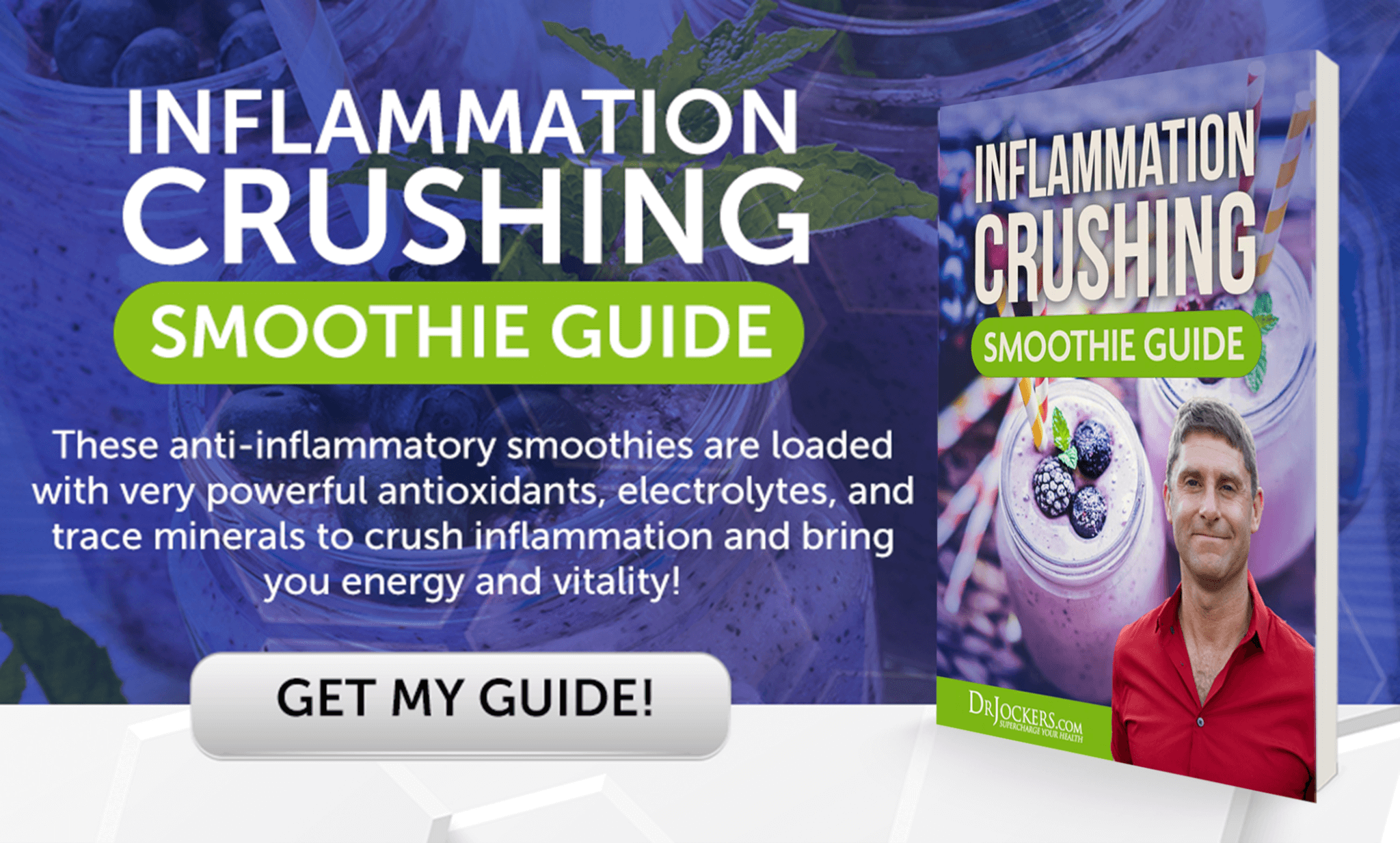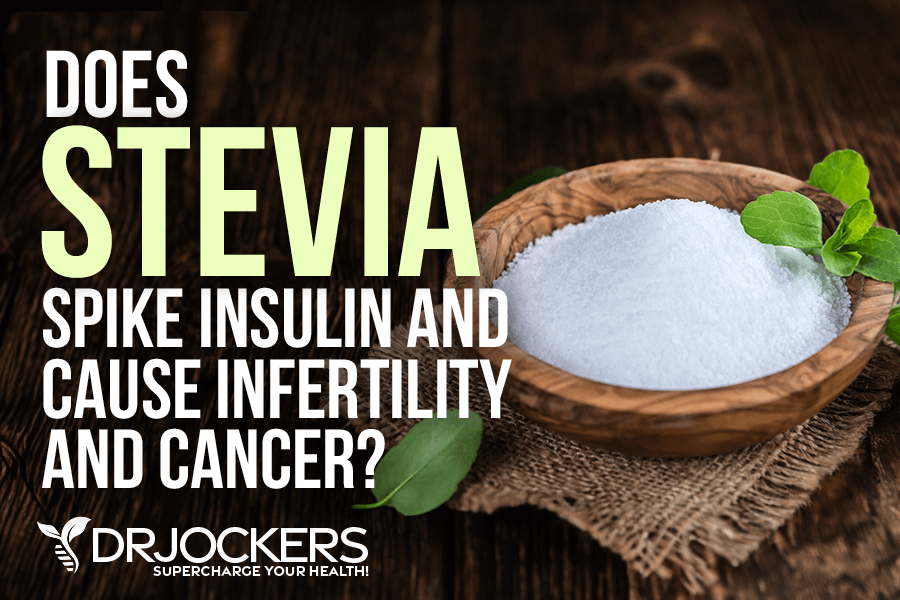 Does Stevia Spike Insulin and Cause Infertility and Cancer?
Does Stevia Spike Insulin and Cause Infertility and Cancer?
Stevia is a popular sweetener alternative. It is free from calories and may help your weight loss goals. But is it healthy? How about the concerns about stevia floating on the internet? Today, I will answer all the questions you may have about stevia.
In this article, I will discuss what stevia is. You will learn about the potential health benefits of stevia. You will learn whether it can raise your insulin levels. I will discuss the controversy around stevia and infertility issues. I will go into whether or not it can increase your cancer risk.
You will learn about stevia and the gut microbiome, whether it’s another issue for your gut or not. I will go over the best ways to consume stevia and offer a guide on how to buy the best processed forms, including my personal recommendation. Finally, you will learn in which cases you may want to consider a break from stevia.
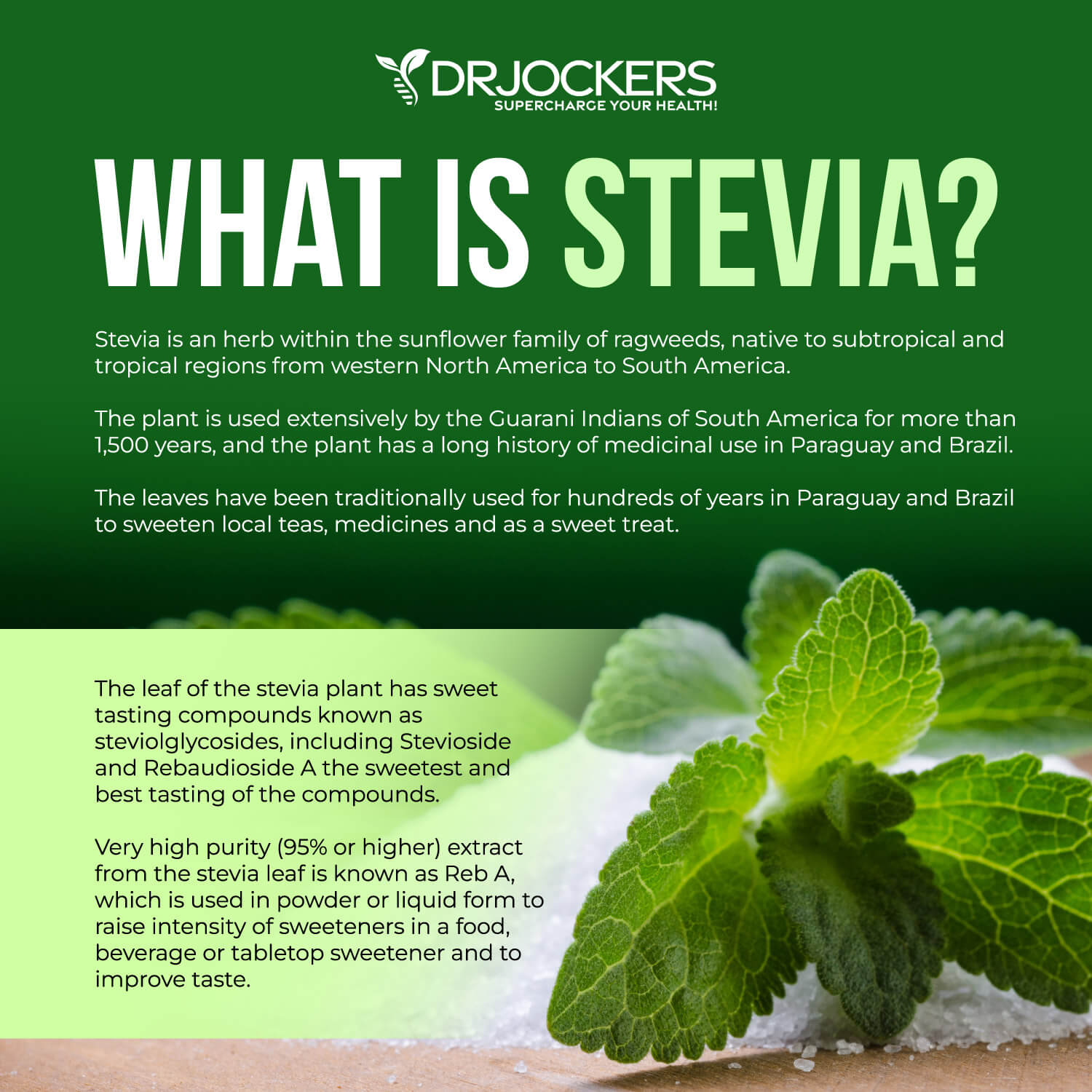
What is Stevia?
Stevia, or Stevia rebaudiana, is a plant. It’s a member of the chrysanthemum family, which is a subgroup of the ragweed (Asteraceae) family.
You probably know stevia from stevia products in your local grocery store. It’s important to note that the stevia products, such as Stevia in the Raw and Truvia, do not contain the whole stevia leaf. They contain rebaudioside A (Reb-A), which is a highly refined stevia leaf extract. These products may come in liquid, granulated, and powder forms.
Reb-A is incredibly sweet, about 200 times sweeter than table sugar. However, they may not raise your blood sugar like table sugar. Products with Reb-A often contain other sweeteners, too, such as dextrose (glucose) or erythritol (a type of sugar alcohol).
Many brands also contain natural flavors. Natural, of course, doesn’t necessarily mean the products are completely natural or healthy. Products with natural flavors may be highly processed or include unhealthy ingredients.
Of course, there are better options when it comes to stevia. There are products with minimally processed ingredients, that are more natural, and that don’t contain dextrose or other unhealthy additives. I will go over what to look for and the best stevia options later in this article.
You may enjoy stevia without buying these products with Reb-A as well. You may grow stevia plants at home. You may use its leaves to sweeten your drinks or foods. You may be able to buy stevia plants or leaves at some health food stores or farmer’s markets as well.
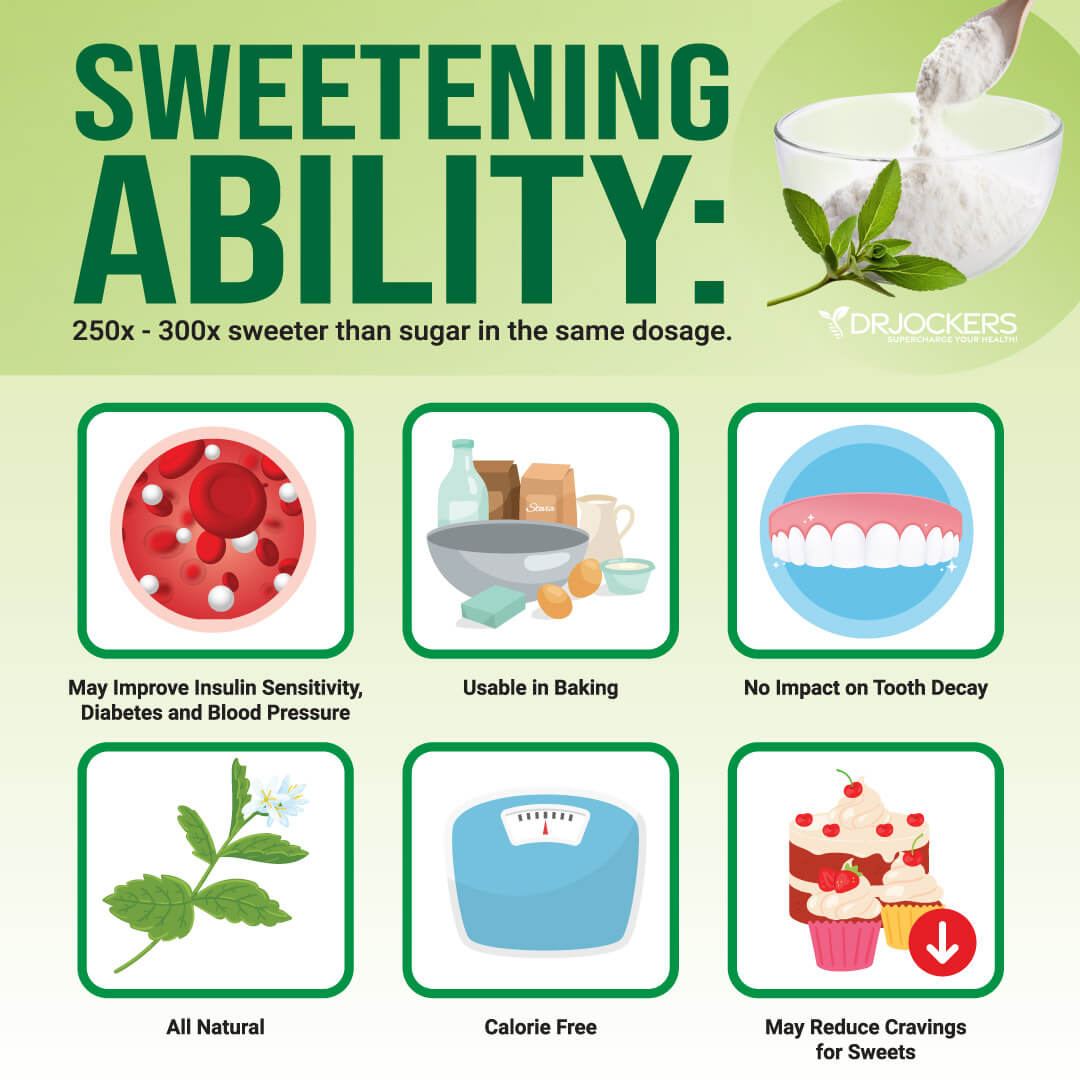
Potential Health Benefits of Stevia
Stevia doesn’t contain any calories thus it qualifies as a nonnutritive sweetener. This means that it may be helpful for people who are trying to lower their calorie intake or lose weight. But is stevia good for you?
The research is inconclusive at this point. A 2017 review published in the Canadian Medical Association Journal has found that there is no clear proof of the benefits of stevia, but long-term use may have some cardiometabolic risks (1).
However, a 2010 study published in Appetite has found that stevia helped to reduce the insulin and glucose levels of participants (2). Stevia may help to reduce one’s calorie intake and help them feel satisfied and full after meals.
Moreover, a 2009 study published in Studies on Ethno Medicine has found that using 20 millimeters of stevia daily for a month helps to reduce total cholesterol, LDL (“bad”) cholesterol, and triglycerides and improve HDL (“good”) cholesterol of participants without side effects, with no negative side effects (3).
According to a 2021 study published in EXCLI JOURNAL, it may improve insulin production in people with diabetes, support recovery from polycystic kidney disease, and offer chemotherapeutic action in cancer. It may have antibacterial, antioxidant, and immunomodulating benefits as well (4).
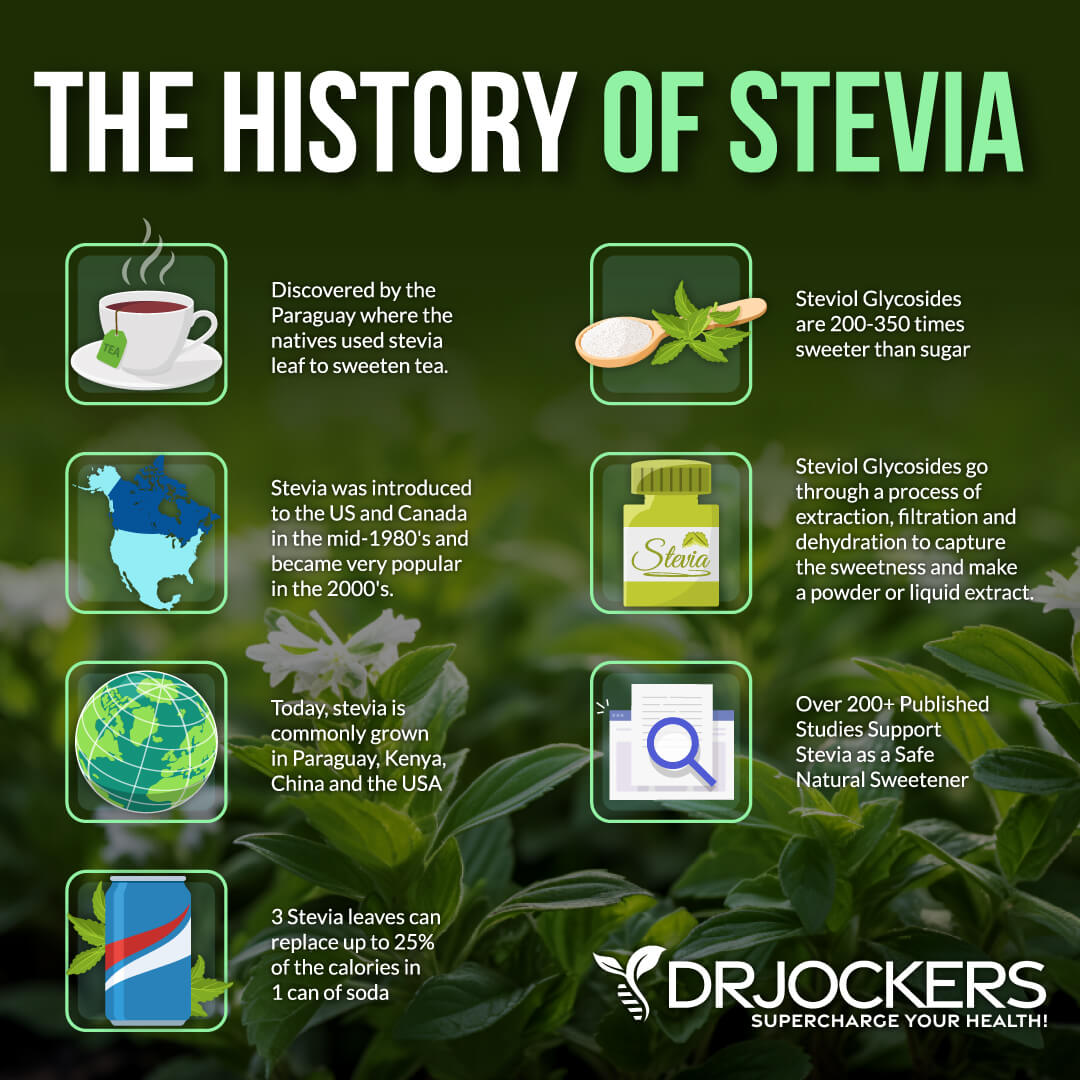
Does Stevia Spike Insulin Levels?
Stevia is a popular sweetener. Refined stevia is at least 200 times sweeter than processed sugar, yet it seems like it doesn’t increase your blood sugar levels, according to the US Food and Drug Administration (FDA) (5). This may make stevia a good candidate for people with diabetes or anyone looking to reduce their sugar intake and their risk of diabetes, pre-diabetes, and insulin resistance.
Your body converts carbs into glucose (sugar) after you eat. If you eat too much sugar or you have blood sugar imbalance issues, you may develop high blood sugar, which occurs when there is too much sugar in your blood. Insulin is a hormone that helps your body move sugar into your bloodstream.
However, if you have too much sugar in your blood on an ongoing basis, it may prevent your body from using insulin effectively, which is the state of insulin resistance. Insulin resistance may increase your risk of pre-diabetes and type 2 diabetes.
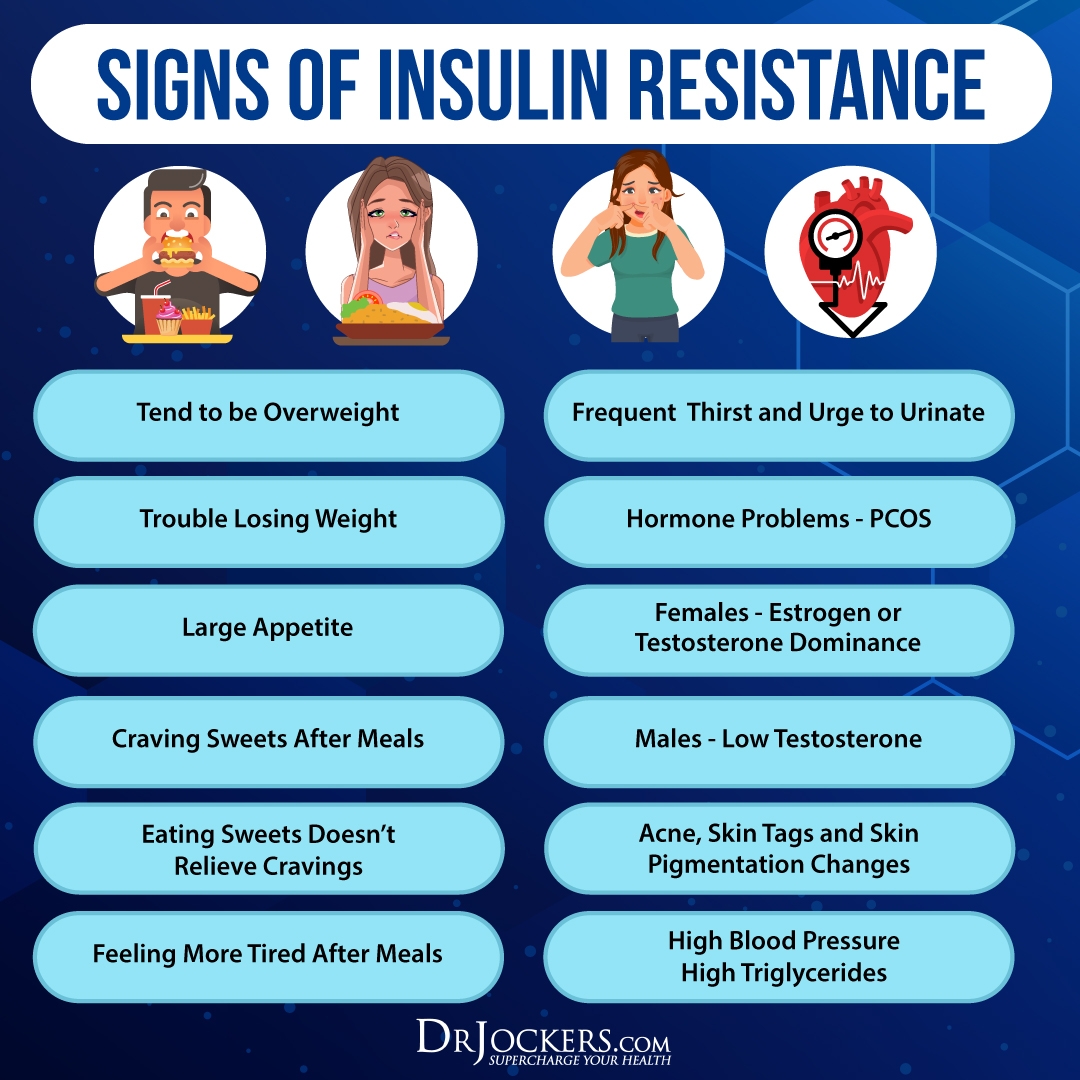
This is where stevia may come into the picture. It may help you to reduce your sugar intake and allow you to enjoy some sweetness without blood sugar issues.
According to a 2018 study published in Behavioral Medicine, Clinical Nutrition, Education, And Exercise, stevia does not increase the blood sugar or insulin levels of people, including those with but also without obesity (6). A 2020 review published in Avicenna, Journal of Phytomedicine has also found that stevia may not raise blood sugar and insulin levels after consumption (7).
Moreover, stevia may also help to promote better insulin function. According to a 2019 study published in the Journal of Functional Foods, stevia may have a positive impact on the process of how sugar moves into your cells and may improve insulin secretion (8).
A 2015 study published in Nutrition Today has found that it may be a great new tool for weight management efforts (9). It may help to lower the risk of overeating. Reducing the risk of overeating itself may help to decrease sugar consumption, blood sugar imbalances, and insulin resistance.
That being said, the research on stevia, blood sugar, and insulin is still relatively new, with a few human trials only, and we need more information to have the full picture.
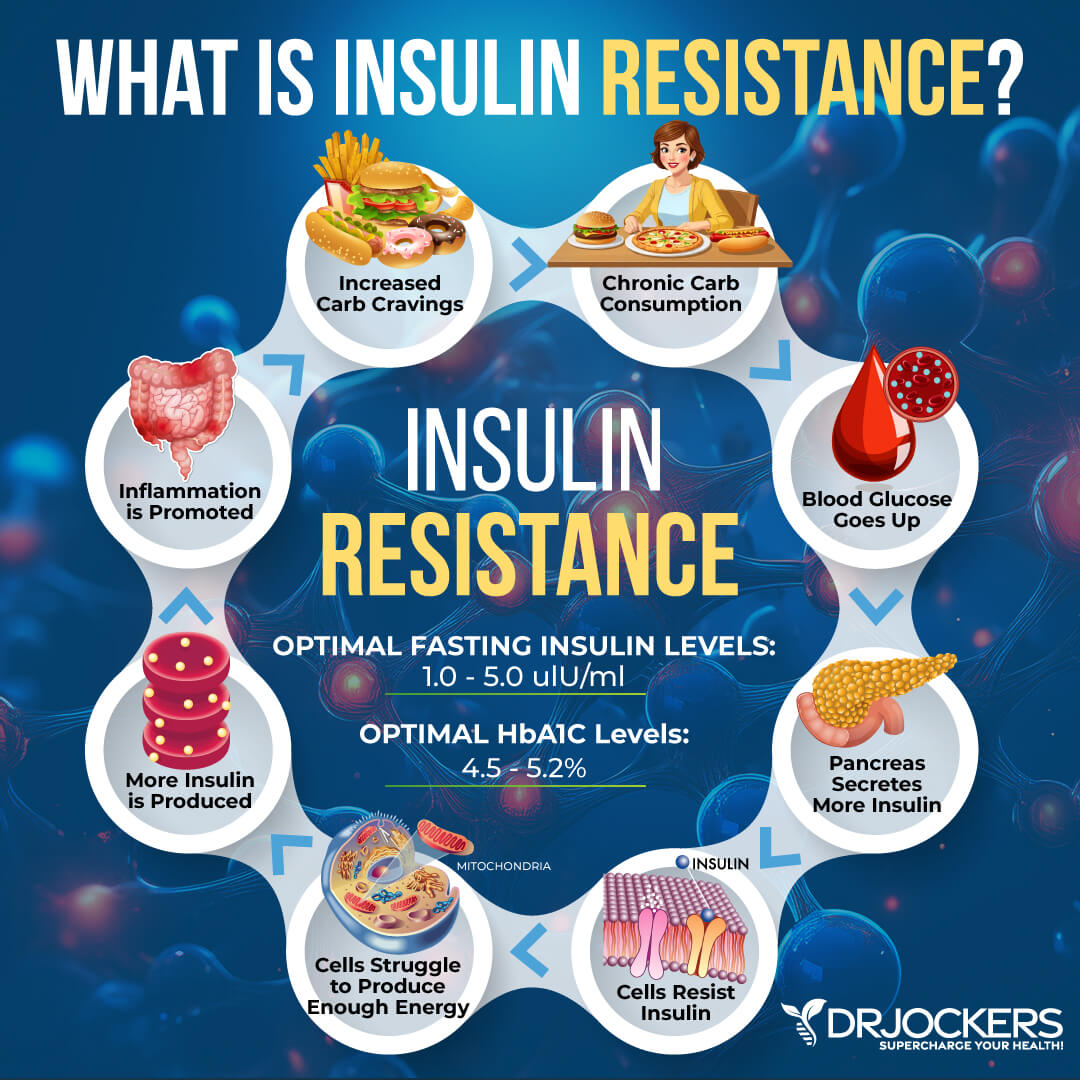
Stevia & Infertility Controversy
If you search the internet for stevia, you may run into some controversy around stevia and infertility. How did this concern come about? Back in 1968, Professor Joseph Kruc at Perdue University led a study in which they gave rats stevia in very large quantities. The rats produced fewer offspring than normal (10). However, even Kruc admitted later that this might’ve been caused by overdosing stevia and not from stevia itself.
Twenty years later, a Brazilian researcher, Professor Mauro Alvarez, repeated this same study. Though the results were similar, his methods received a lot of criticism. Other researchers were unable to find evidence that stevia could be a threat to fertility. Later, Alvarez also said that in normal amounts, stevia poses no risks to fertility.
At this point, we have no human studies that would make us believe that stevia may impact fertility, yet this continues to circulate as a potential problem. Even the FDA cites these two controversial studies as a source (11).
Science is ever evolving, but at this point, we have no actual scientific evidence that stevia would be a reproductive risk factor at normal doses. Of course, as with everything, moderation is important.
Stevia is simply a sweetener that should only be used sparingly, not as a staple or in large doses. If you have endocrine issues, are trying to get pregnant, or are pregnant, you may avoid stevia as a precaution, or simply talk to your doctor to see if it is safe for your situation.
Does Stevia Increase Cancer Risk?
Another potential concern some may have is whether or not stevia may cause cancer. The concern is that the glycosides in stevia may lead to genetic mutations and cancer. Let’s look at this issue closer.
A 2008 review by the University of California Los Angeles (UCLA) has found that stevioside in stevia may be linked to genetic mutations, DNA breakage, and chromosome damage in some test tubes and animal research (12). On the other hand, another 2008 review published in Food Chemical Toxicology has found that there is no evidence of genetic toxicity and suggested that the other review didn’t look at the process of direct DNA damage (13).
Moreover, looking at Japan may be an interesting example. Even though Japan banned artificial sweeteners 40 years ago, they do use stevia regularly. They use the whole leaf variety.
However, their frequent use has led to lots of research on the topic, and their studies found no evidence of stevia increasing the risk of cancer. According to a 2008 paper published in the Tropical Journal of Pharmaceutical Research, stevia may even have anti-cancer benefits (14).
Now, we must also note that many stevia brands on the market are not pure stevia but overly processed products that also contain other sweeteners and additives that may increase the risk of inflammation, cancer, or other health issues. Sticking to pure forms of stevia is a safer option. I will go over how to choose the right brand later in this article.
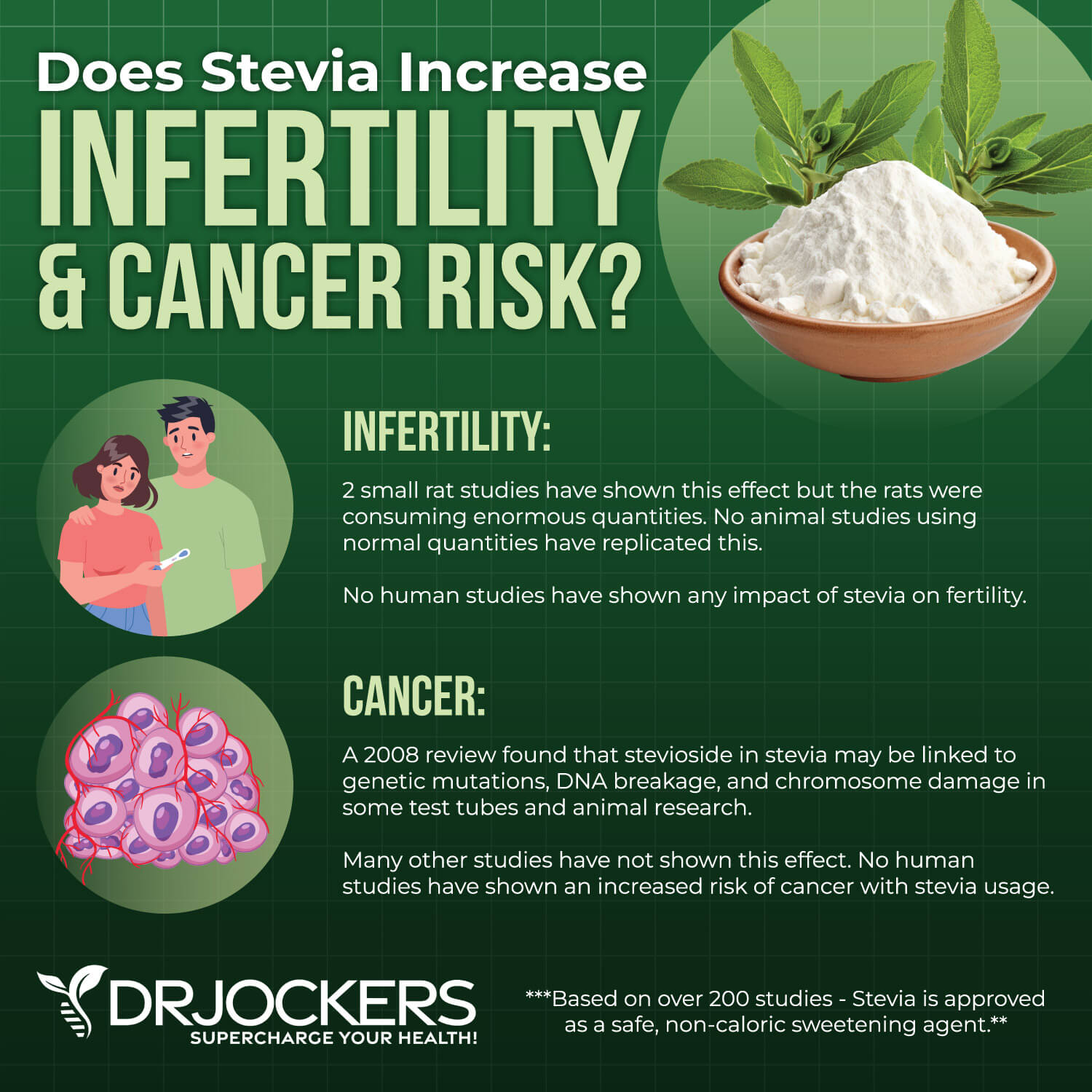
Stevia and the Gut Microbiome
Another question some people may have when it comes to stevia is its potential effect on the gut microbiome. A 2014 study published in Letters in Applied Microbiology has found that stevia may destroy Lactobacillus reuteri, which is a gut bacterium (15). They found that Reb-A and stevioside inhibited Lactobacillus reuteri.
This particular bacterium is quite important in your gut microbiome for helping to balance lipids and protecting against pathogens. Other studies have not found evidence that stevia may be a problem for the gut microbiome, and this study may warrant further research, especially considering that other sweeteners may cause gut microbiome issues that may increase the risk of chronic diseases and obesity (16, 17).
On the other hand, it may be worth noting that stevia may have some science-backed health benefits, including reducing LDL cholesterol and plaque volume, improving HDL cholesterol, reducing blood pressure, lowering inflammation, decreasing the risk of diabetes-related kidney issues, and supporting the treatment of Lyme disease (18, 19, 20, 21, 22).
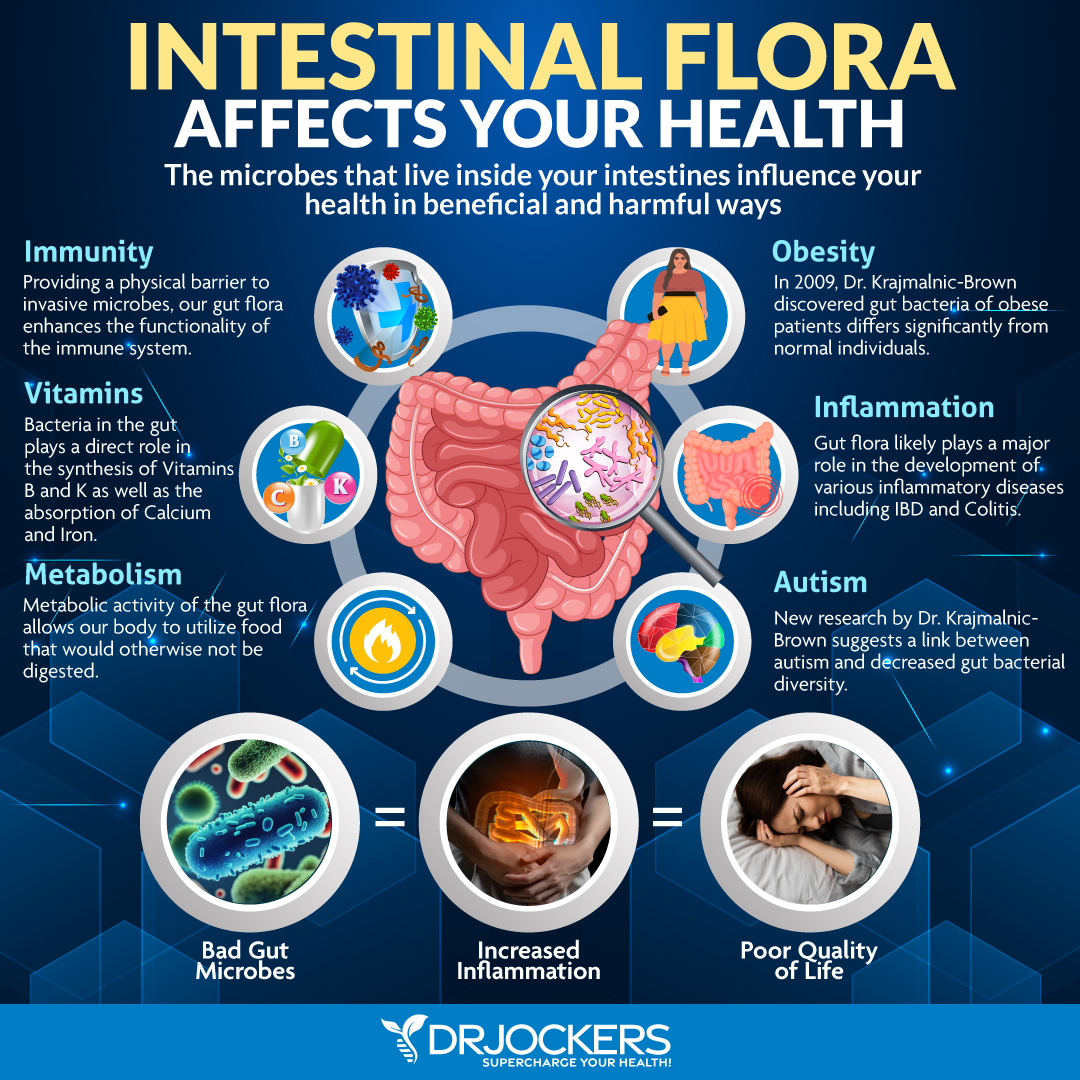
Best Way to Consume Stevia
The best way to consume stevia is in its most natural form. You can grow and use stevia leaves in your drinks, salads, and dishes as a sweetener. This may not all be practical, however. Alternatively, you may use stevia products that are natural and minimally processed.
Avoid products that include additives, such as corn oil, dextrose, erythritol, agave or other sugars, and stevia products that are overly processed. Read your labels carefully and choose your options carefully. You may use liquids, tablets, and powders as long as it meets these criteria.
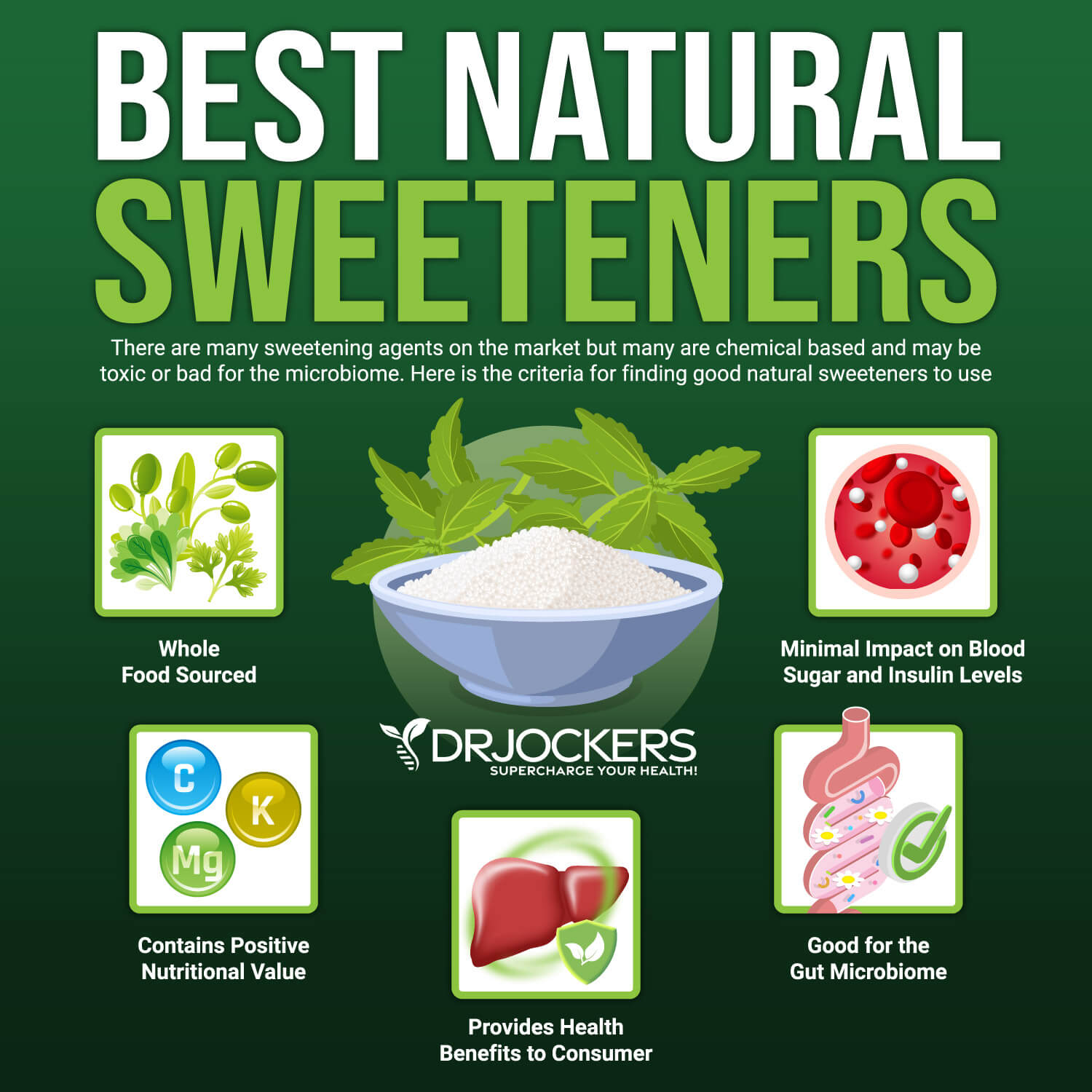
Best Processed Stevia
When shopping for stevia, look for one that is organic and without any other sweetener additives such as dextrose, maltodextrin, erythritol, and other additives that may not be healthy. Read labels and look for minimally processed, natural, trusted brands.
I like and recommend the SweetLeaf Sweet Drops Liquid Stevia brand. I also go through a number of reputable brands of stevia in this article here
Should You Take a Break from Stevia?
And the last question is: should you use stevia? And when should you take a break from stevia?
Stevia Is a Ragweed
Stevia is not right for everyone. Stevia is a ragweed. About 3 percent of our population has problems with ragweeds. If you are part of this group, stevia may not be right for you. If you are noticing any symptoms after using stevia, it may be due to a ragweed issue. Take a break and see if you feel better.
Dopamine Sensitivity
Another issue that may prompt a stevia break is dopamine sensitivity. Sweet foods and sweetener alternatives, such as stevia, may increase dopamine production. However, doing this too often causes dopamine resistance in the long run.
If you are using sweeteners like stevia for a constant dopamine hit throughout the day, it is not a good idea and may lead to dopamine resistance. In that case, stopping for a period of time can be beneficial to help improve your dopamine sensitivity.

Final Thoughts
Stevia is a no-calorie sweetener that doesn’t raise your blood sugar and insulin levels. In this article, you learned about some potential concerns when it comes to stevia. You also understand its potential health benefits and uses. I recommend that you follow my guide on selecting the right stevia product and how to use it safely.
If you want to work with a functional health coach, I recommend this article with tips on how to find a great coach. On our website, we offer long-distance functional health coaching programs. For further support with your health goals, just reach out and our fantastic coaches are here to support your journey.
Inflammation Crushing Ebundle
The Inflammation Crushing Ebundle is designed to help you improve your brain, liver, immune system and discover the healing strategies, foods and recipes to burn fat, reduce inflammation and Thrive in Life!
As a doctor of natural medicine, I have spent the past 20 years studying the best healing strategies and worked with hundreds of coaching clients, helping them overcome chronic health conditions and optimize their overall health.
In our Inflammation Crushing Ebundle, I have put together my very best strategies to reduce inflammation and optimize your healing potential. Take a look at what you will get inside these valuable guides below!


